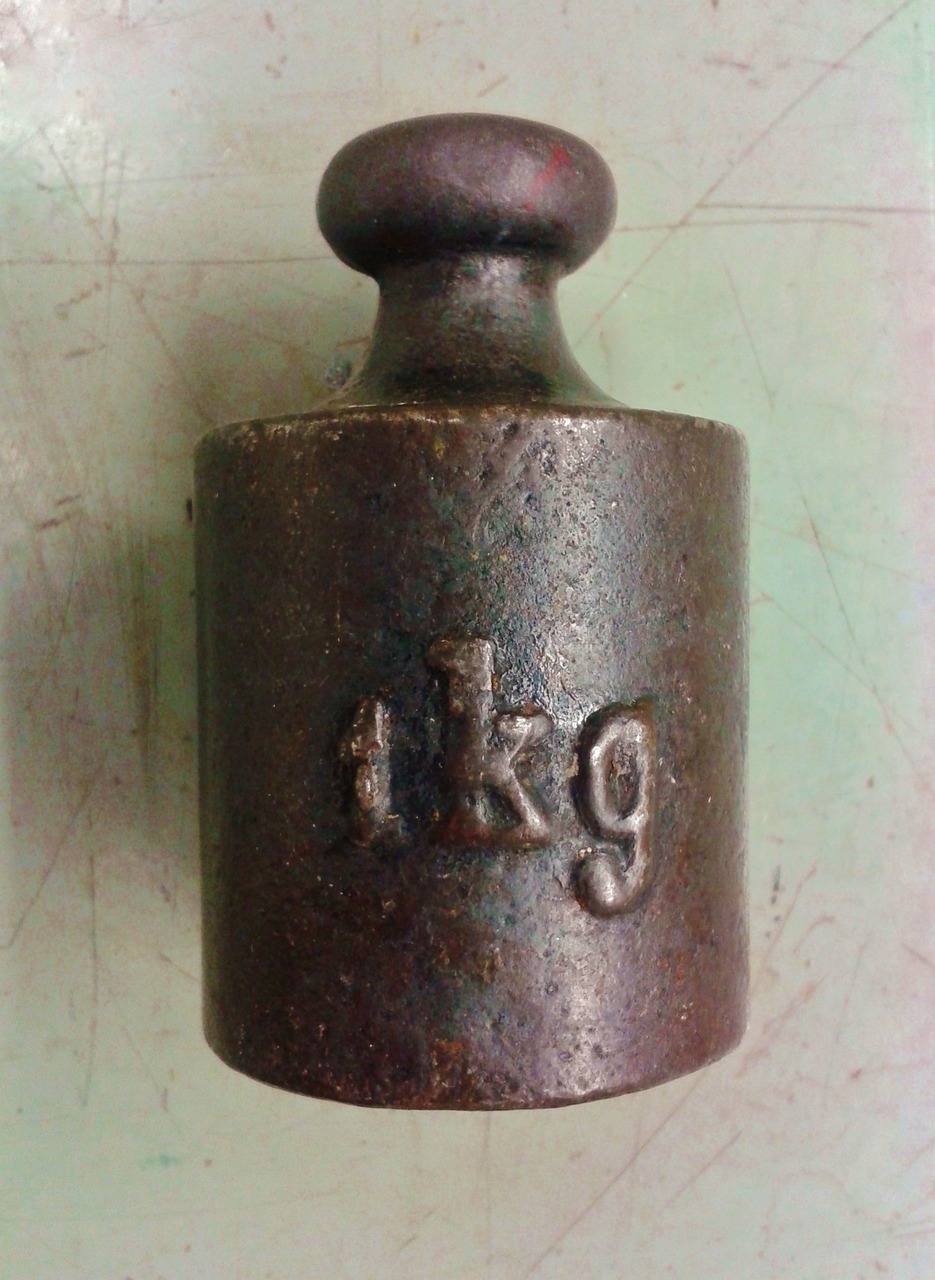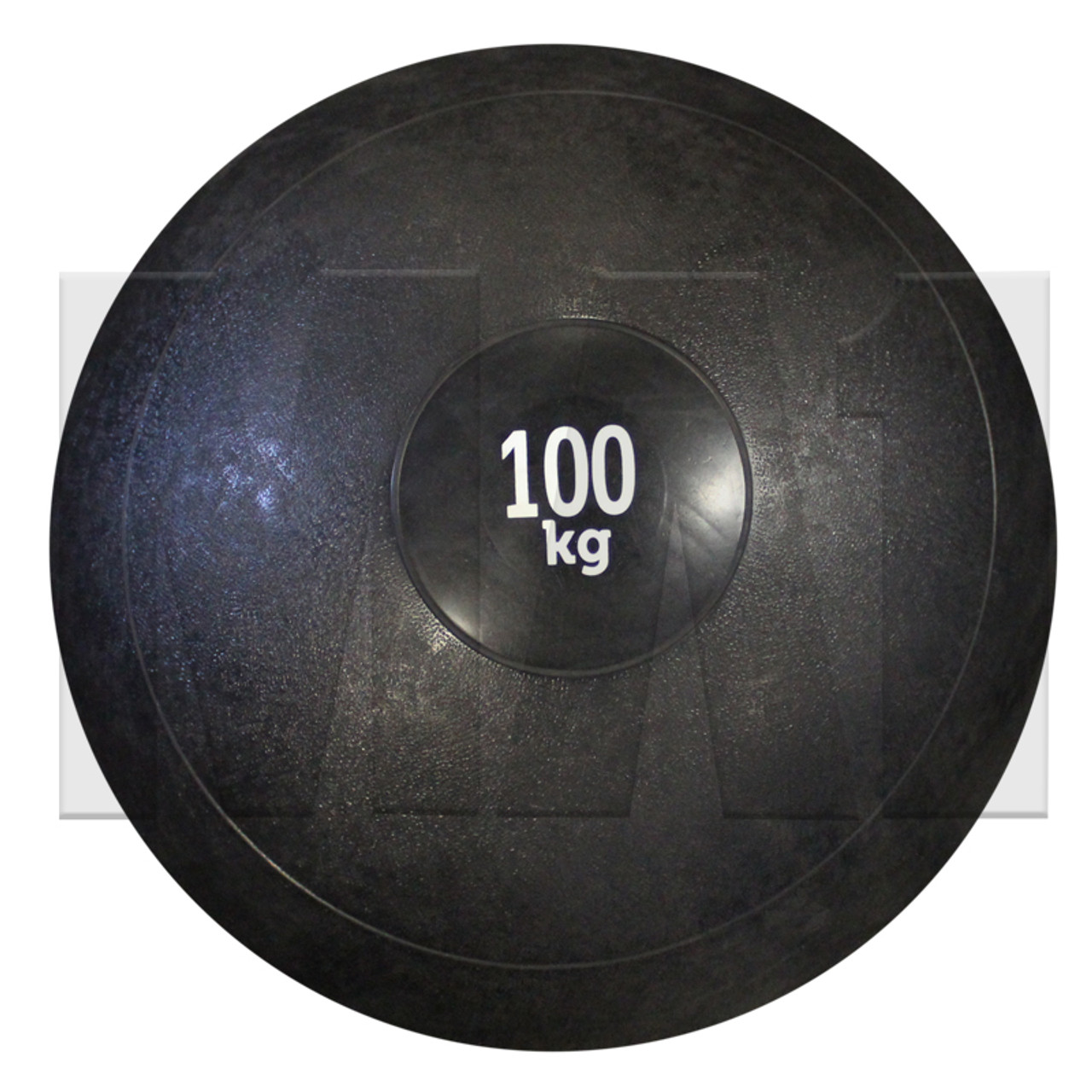| Posted on
When it comes to measurements, particularly in agriculture and trade, terms like quintal may sound unfamiliar to many· Yet, quintals are still widely used in various parts of the world, especially in contexts related to bulk commodities. Understanding how quintals relate to more familiar units like kilograms can be valuable, particularly for those involved in agriculture, commerce, or anyone curious about different systems of measurement.
What is a Quintal?
A quintal is a unit of mass commonly used in some countries, especially in agricultural contexts. The term quintal originates from the Latin word "centenalis," meaning a set of one hundred· In modern usage, a quintal equals 100 kilograms. This makes quintal a convenient unit for measuring large quantities of goods, particularly agricultural produce·
Converting Quintals to Kilograms:
To convert quintals to kilograms, you simply multiply the number of quintals by 100· The formula is straightforward:
Kilograms = Quintals * 100
For example, if you have 3 quintals of rice, the calculation would be:
Kilograms = 3 quintals * 100 = 300 kilograms
Conclusion:
In summary, a quintal is a unit of mass equal to 100 kilograms· Understanding the relationship between quintals and kilograms is essential for various industries, including agriculture, commerce, and logistics. With this knowledge, individuals can effectively manage transactions, inventory, and trade agreements involving bulk quantities of goods. Whether you're a farmer, a trader, or simply someone interested in different measurement systems, knowing how many kilograms are in a quintal is a valuable piece of information in today's interconnected world.

Also Read :- How we can lose 2kg in one week?
0
0 Comment
| Posted on
A quintal is a metric unit of weight that equals 100 kilograms. To put it simply, it's a way of measuring large quantities of things like agricultural products. Imagine you have a sack of potatoes, and it weighs 1 quintal. This means it weighs 100 kilograms or 220 pounds.
The term "quintal" is commonly used in various parts of the world, especially in agriculture and trade, to simplify the process of dealing with substantial quantities. It's like a shortcut for expressing large weights.
For instance, if a farmer has harvested 5 quintals of wheat, it means they have 500 kilograms of wheat. To convert from quintals to kilograms, you can simply multiply the number of quintals by 100, because 1 quintal is 100 kilograms.
So, whether you're dealing with crops, goods, or any other items requiring measurement in kilograms, knowing the relationship between quintals and kilograms can be quite handy. It's all about making those weight calculations a little easier when dealing with large quantities.
.jpg)
Also Read-How many ounces in a cup ?
0
0 Comment
nehagoyal022@gmail.com | Posted on
A quintal is a metric unit of mass equal to 100 kilograms.Quintal is used for huge measures like to measure big weights .
It is used in International Measurement systems.Kilogram is used to measure the mass, and a quintal is one of the big units.
A quintal is an old-fashioned way of measuring things that people used in lots of places. In England, they call it "hundredweight," and in the United States, they usually think of it as being about 100 kilograms.
Let it caculated mathematically:
1gram=10 milligrams
1kilograms=1000 grams (Kilogram is greater than gram and gram is greater than milligram)
1kilogram=1000grams=1000×10 milligrams
Therefore,
1quintal=100 kilograms
1quintal=100×1000grams=100000 grams
1quintal=100000×10 milligrams
1quintal=1000000 milligrams
1000000milligrams=100 kilograms
So the result is:
1quintal=100kilograms
Also Read- How many weeks in a school year?
0
0 Comment
| Posted on
In the realm of weight measurement, the quintal and kilogram play significant roles, each serving specific purposes in different regions and applications. Let's delve into the relationship between these units to grasp their conversion and practical implications.
A quintal, derived from the Latin word "quintalis," meaning "a hundred weight," is a unit of mass predominantly used in regions like South Asia, the Middle East, and Latin America. It serves as a larger unit compared to the kilogram, commonly employed to measure substantial quantities of goods such as agricultural produce, grains, and commodities like fruits and vegetables. Despite its utility in various sectors like fishing and shipping, the quintal is not a part of the International System of Units, limiting its application in scientific and technical contexts.
One quintal is equivalent to 100 kilograms, establishing a straightforward conversion relationship between these units. This conversion factor is pivotal in understanding the weight equivalence between quintals and kilograms. For instance, to convert quintals to kilograms, one simply multiplies the number of quintals by 100 to obtain the corresponding weight in kilograms.
To illustrate the practicality of this conversion, consider scenarios like determining the weight of large quantities of goods. For instance, if we are tasked with finding out how many kilograms constitute 10 quintals, we can easily calculate that 10 quintals equal 1000 kilograms, showcasing the direct relationship between these units.
Expanding our understanding, we can explore additional conversions, such as the conversion of quintals to grams. Given that 1 quintal equals 100 kilograms and 1 kilogram is equivalent to 1000 grams, we can deduce that 1 quintal corresponds to 100,000 grams or 10^5 grams. Moreover, it's noteworthy that 10 quintals are equivalent to 1 tonne, emphasizing the significance of these units in various weight measurements.
In conclusion, the relationship between quintal and kilogram is fundamental in weight measurement, particularly in contexts where large quantities need to be accurately assessed. By recognizing that 1 quintal equals 100 kilograms, individuals can seamlessly convert between these units, facilitating efficient record-keeping and measurement practices. This understanding not only aids in everyday applications but also underscores the diverse nature of units of mass across different regions and industries. By grasping the nuances of quintal and kilogram conversions, individuals can navigate weight measurements effectively, ensuring precision and accuracy in various scenarios.

Also Read :- Is it true that we can lose 1kg per day without any diet or exercise?
0
0 Comment
